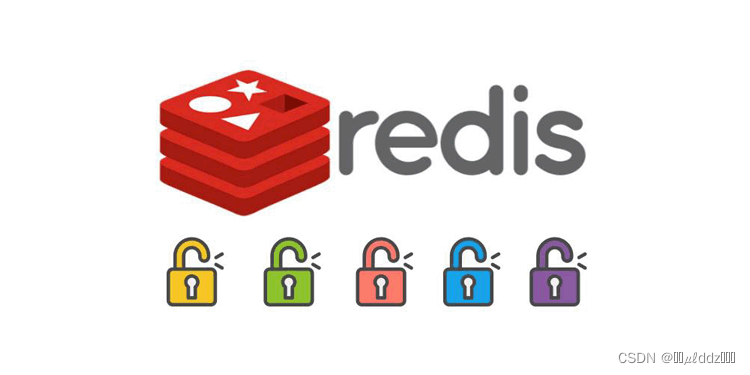Use Spring Boot to implement Redis key expiration callback function
When using Redis as a cache or data store, sometimes it is necessary to perform some specific operations when a key expires, such as clearing related data or sending a notification. In Spring Boot, RedisMessageListenerthe Redis key expiration callback function can be realized by implementing the interface. Here is an example of a Spring Boot application that implements the Redis key expiration callback:

Step 1: Introduce dependencies
First, pom.xmlimport spring-boot-starter-data-redisdependencies into the file:
<dependency>
<groupId>org.springframework.boot</groupId>
<artifactId>spring-boot-starter-data-redis</artifactId>
</dependency>
Step 2: Configure Redis connection
Configure Redis connection information in the application.propertiesor application.ymlfile, such as Redis host, port number, password, etc.:
spring:
redis:
host: localhost
port: 6379
password:
database: 0
Step 3: Create a Redis expiration event listener
Create a class that implements RedisMessageListenerthe interface and implements onMessagethe method that will be called when the key expires:
import org.springframework.data.redis.connection.Message;
import org.springframework.data.redis.connection.MessageListener;
import org.springframework.stereotype.Component;
@Component
public class RedisKeyExpirationListener implements MessageListener {
@Override
public void onMessage(Message message, byte[] pattern) {
String expiredKey = message.toString();
// 在这里添加你的业务逻辑,比如清除相关数据或发送通知
System.out.println("键过期:" + expiredKey);
}
}
Step 4: Configure the Redis listener container
Create a configuration class, configure the Redis listener container RedisMessageListenerContainer, and register the listener created in the previous step to the container:
import org.springframework.beans.factory.annotation.Autowired;
import org.springframework.context.annotation.Bean;
import org.springframework.context.annotation.Configuration;
import org.springframework.data.redis.connection.RedisConnectionFactory;
import org.springframework.data.redis.listener.PatternTopic;
import org.springframework.data.redis.listener.RedisMessageListenerContainer;
@Configuration
public class RedisConfig {
private final RedisConnectionFactory redisConnectionFactory;
@Autowired
public RedisConfig(RedisConnectionFactory redisConnectionFactory) {
this.redisConnectionFactory = redisConnectionFactory;
}
@Bean
public RedisMessageListenerContainer redisMessageListenerContainer() {
RedisMessageListenerContainer container = new RedisMessageListenerContainer();
container.setConnectionFactory(redisConnectionFactory);
container.addMessageListener(redisKeyExpirationListener(), new PatternTopic("__keyevent@*__:expired"));
return container;
}
@Bean
public RedisKeyExpirationListener redisKeyExpirationListener() {
return new RedisKeyExpirationListener();
}
}
In the above configuration, by PatternTopicspecifying the Redis key expiration event channel to listen to __keyevent@*__:expired, it will be RedisKeyExpirationListenerregistered in the container.
Now, when the key expires in Redis, RedisKeyExpirationListenerthe onMessagemethod will be called, you can add your business logic in this method.
This is an example of a Spring Boot application implementing Redis key expiration callback functionality. You can make appropriate modifications and extensions to the code according to your actual needs.